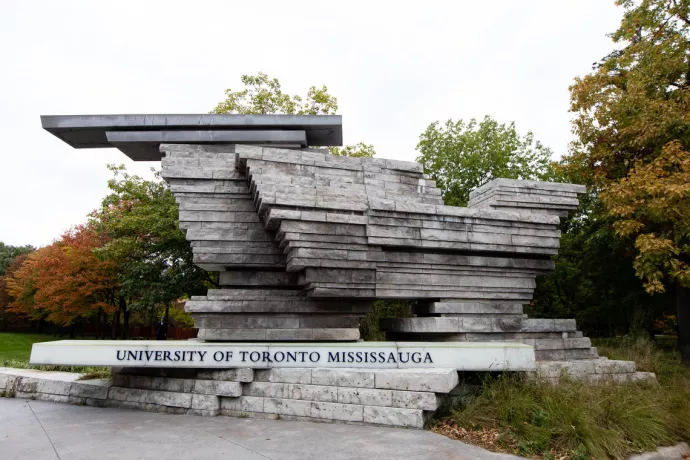
Experiential Education Unit receives influx of funds
The first stage in developing a co-operative education model at UTM is in the works, thanks to a recent significant boost in funding from U of T’s Experiential Learning University Fund.
UTM’s Experiential Education Unit (EEU) applied for and was awarded an amount in funding: over $400,360 secured for the next two years to enhance the academic experience across the Sciences, Social Sciences, and Humanities at UTM.

“Such an undertaking will require a few years of research and consultation to be implemented successfully and sustainably, but this funding will enable us to work towards our goal of developing a UTM Co-op internship model,” says Rena Banwait, Director, Experiential Education & Community Engagement.
Since 2017, the Office of the Vice-Principal Academic and Dean (OVPAD) has prioritized enhanced experiential education for undergraduate students, leading to the creation of the EEU: a unique and centralized administrative system that supports all curricular experiential learning stakeholders.
With previous funding from the Ministry of Colleges and Universities’ Career Ready Fund, as well as the University of Toronto Experiential Learning University Fund, UTM was able to integrate Experiential Learning Officers into undergraduate academic units across all disciplines, and implement several key improvements including the creation of new academic internship courses, increased course enrolments, stronger relationships with employer partners, and streamlined administrative processes for experiential learning across the campus.
Dean Rhonda McEwen, professor from UTM’s Institute of Communication, Culture, Information, and Technology, has stated that UTM remains committed to offering innovative, value-driven, and real-world opportunities to all of its students through high-impact academic programming, and that this funding supports these aims for deepening students’ education and experience.
“Ultimately, our plan is to develop a co-op internship model that suits UTM’s distinctive culture of experiential learning, while complementing the strong diversity of curricular experiential learning opportunities that already exist on our campus,” says Banwait.
“All previous priority projects piloted through the Experiential Learning University Fund have now become permanent fixtures at UTM, demonstrating our long-term commitment to experiential education, and a co-op internship model is our opportunity to enhance and expand the strong programming we have already established.”
